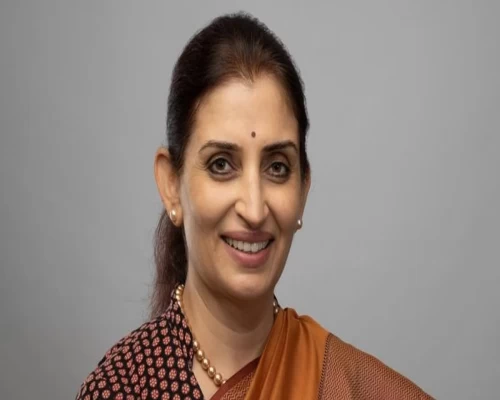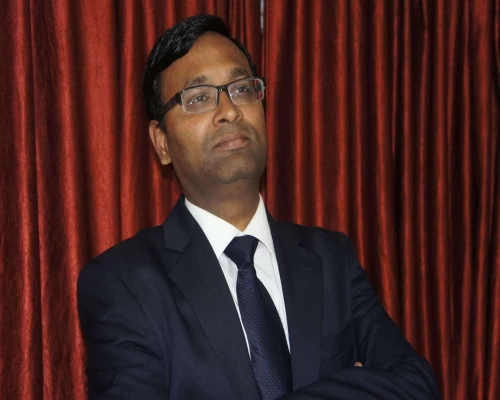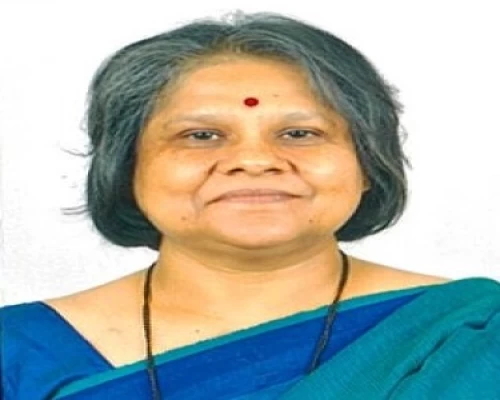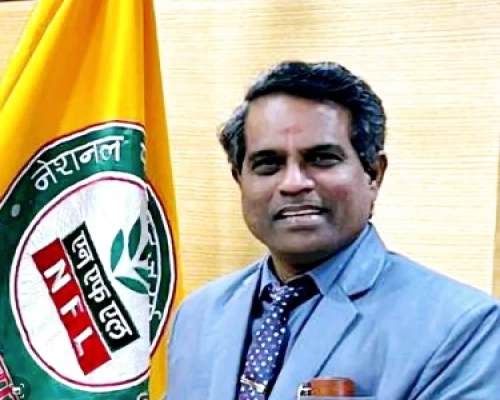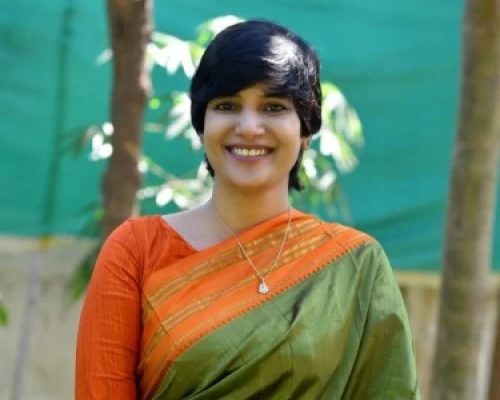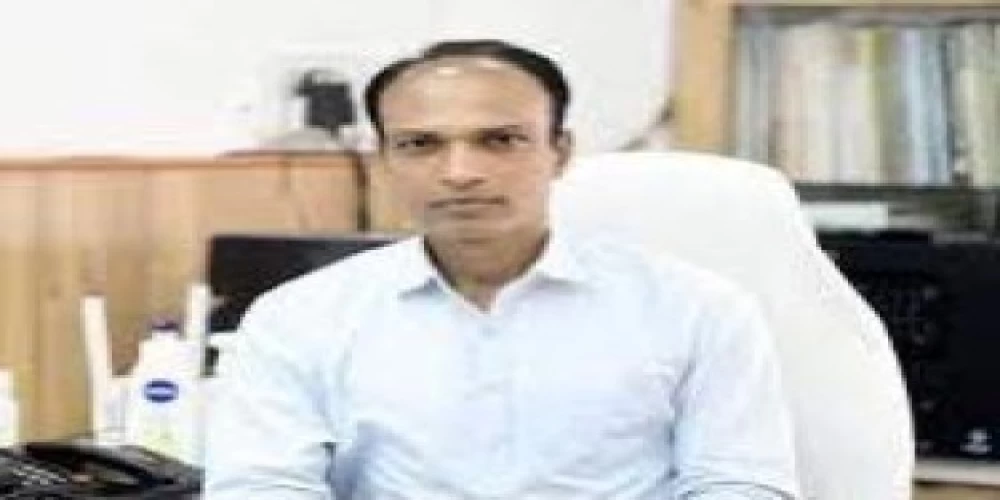
Bhopal: Meet Tarun Kumar Pithode, a 2009 batch Indian Administrative Service (IAS) officer. He has a multidimensional personality. From being an efficient administrator to an ace writer, Pithode has traversed a long distance in civil administration. In an exclusive conversation to Navneet Anand and Rajeev Ranjan Roy of Bureaucrats India, Pithode shared his thoughts and experience as a bureaucrat. Read The Full Interview Here:
Yours is a unique personality – technocrat, writer, and bureaucrat – all well woven into one. Is it an asset or an undue burden?
This multifarious thing is an asset because as a technocrat, I studied electronics in communication and engineering. So, it helps me in understanding the technical issues related to administration these days. And we all know, in today’s time administration has moved to a new paradigm with the use of information and technology so, it helps there. At the same time, when we think of all these things, I feel that being a writer also helps because, being a bureaucrat, we write so many things like official letters and communications but we must write our experiences also as it helps others in knowing what are our duties and how we perform them. So I feel it is an asset to be a writer, though I feel hesitant because I do not consider myself in that league of writers but yes I try to write, and being a bureaucrat and technocrat helps in that.
You have enough exposure as a bureaucrat and an author. Which part of your personality dominates your decisions?
In my professional duties, I make decisions based on my experiences, training, and learnings. So my professional decisions are dominated by professional standards. Speaking of my personal life, my decisions are taken from my heart and my mind. So, I won’t say that something dominates over another.
As a Collector, Bhopal, you started a unique initiative wherein you stepped into the role of a teacher and urged other officials to do so as well. Before that, you also launched an initiative to provide free-of-cost coaching to students. What motivated you to do something which doesn’t appeal to others in general?
With my experience, I got to know that education is the only thing that can truly change the life of a person. Every child deserves a good education and a good environment to learn and that is what I was trying to create. When I was in Rajgarh, I saw that many students could not afford the coaching classes so that was the first time when I thought of coaching. So I started coaching classes there and it was so heartening that three students got selected. Even though it did not help in a big way, the initiative helped some of the students.
When I was in Bhopal, I thought that we should try something to create a good learning environment for students. I started going to the school and giving a class once every week. It is also motivated by other people. One senior retired IAS officer started teaching English and many other people also came forward in the schools of Bhopal district and became part of the initiative. We were creating an environment in which teachers were motivated to enhance their skills and deliver good quality education to our students of government school and students were also motivated to create a good environment. The message that education is very important went across every student’s mind and this is what I wanted to do. I also received messages from many great personalities praising me for this initiative and also wanting to become a part of it.
Covid-19 pandemic taught us many lessons. What are the takeaways for us in general and for civil servants in particular?
The biggest takeaway was how to cope with such adversities. As we all know during the tough times of Covid-19, many people lost their jobs, but also, many people adapted themselves to the new normal. Schools are the best example of this, the way schools restarted classes using the IT tools gave new hope to all of us. The IT industry took it as an opportunity and they expanded their companies. Being a bureaucrat, I learned disaster management.
You deployed 50 Ola cabs for doctors, and nurses to reach hospitals amid lockdown. How was the experience?
One of my colleagues gave me an idea why I shouldn't start a new service, especially since patients, doctors, and nurses are not getting vehicles to travel from one place to another. This idea stuck in my mind. So, I called the OLA cab coordinator and convinced them that by doing this, they will not only be providing a service but will also be an opportunity for their business which was shut down at that time. In the spirit of providing service to society, they all came forward. When they started the service, they were really happy to help the doctors and nurses. After this, more than 50 cabs were on the roads to help the needy.
As a child, you dreamt of being a Collector as you wanted to improve the condition of roads. Are your dream roads free from patches and potholes?
Very honestly, the roads are pretty good in my place now and all across the places I have moved to. The roads are improved not only in my district but all over Madhya Pradesh. I do not take credit for it but I give credit to various people who have worked for it to ensure that. The roads are in a very good condition and therefore it takes very less time to travel to Madhya Pradesh now.
Your innovative initiatives have always hit the headlines. What was Namaskaar Abhiyan?
In our previous initiatives also, we got responses from people all over the country about how we do it. I cannot take credit for all the new ideas because most of them were shared by common people and I only listened to them. Similarly in Bhopal my CMHO came to me and said that Covid-19 is very near to us now. That was the time when we realized that we needed to do something. To spread awareness among people regarding the virus and the precautions, we started a small initiative named Namaskaar Abhiyan. When I started this Abhiyan in my office, many of them were offended because I was not shaking hands and only doing ‘Namaste’ while maintaining a distance. Then I had to convince them that I am only doing this to prevent Covid-19 and they should also practice this when they meet people. We also put some banners in offices and public places and it had a great impact on people’s minds.
What is E-Uparjan and how does it help farmers?
I will not take credit for this. It was started in Madhya Pradesh 2-3 years back. So they deserve the credit who started this. Madhya Pradesh is not only the largest producer of grains but also, the highest procurement done here. You can provide good services to the farmers if you have automated services and E-Uparjan is a step in that direction. From procurement to storage to payment, everything was done with this software. It has been really helpful for the farmers.
As the Civil Corporation director, you identified fake names in ration cards. How challenging was the task?
We started it long ago, when I was a collector, I always heard from the food officers that there is no limit now, the state had already exhausted its limit and we cannot add further names. We felt really bad that we had to tell people we will not be able to add their names.
When I was Director of Food, I heard from one of my officers that in a survey they found that there were names of the people who were already dead but their names are not cut and the ration is drawn against their names.
There were more than 20 lakh people who were either dead or shifted to other places. There were more than 35 lakh names that could be removed immediately and other names which were not active. We informed the government and took permission to remove these names. After deleting one crore names, we were able to add more than 40 lakh names in one month only. This was done with the help of surveys and Aadhaar cards. We were so happy that we could help the needy people.
Your latest book ‘The Battle of Covid - Diary of A Bureaucrat’ has got an amazing response. NITI Aayog CEO Dr Amitabh Kant also praised it. What made you write the book?
It’s really interesting. When I started writing my first book, I never thought I would be able to write because being an engineer it was so difficult to write but then I developed a habit of writing answers for the UPSC. I had chosen Public Administration and Psychology as my subjects. The habit of writing got developed further when I saw one of my seniors writing a book and then thought I should also do it. Gathered all the pieces I wrote and I tried to compile them into a book, a motivational novel. It is about a man who struggles and achieves success in his life. It has experiences of my life and stories of my friends.
How has your journey been so far?
Overall, it has been a fulfilling experience for me. I feel very happy to join the service. I came with the thought of doing something and I got the opportunity to do it. I was a Collector in a few districts and I got the chance to implement my ideas and deliver good results in the form of services to the people. I could also establish that education and infrastructure are very important. I feel proud that I can work for my country.
You cleared the Civil Services exam on the fourth attempt! How did you hold the fort? What is your piece of advice to UPSC aspirants?
First of all, while preparing for exams you should always have a proper plan for your subjects, books, learning, and questions. Secondly, groom and develop your personality according to the field you are planning to go in. Practice answer and essay writing, focus on your subjects, and give balanced time to each of them.


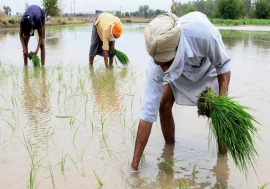
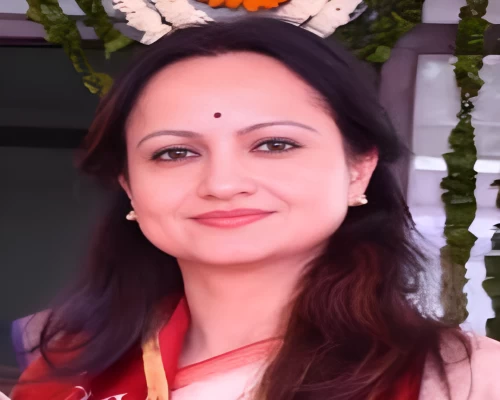
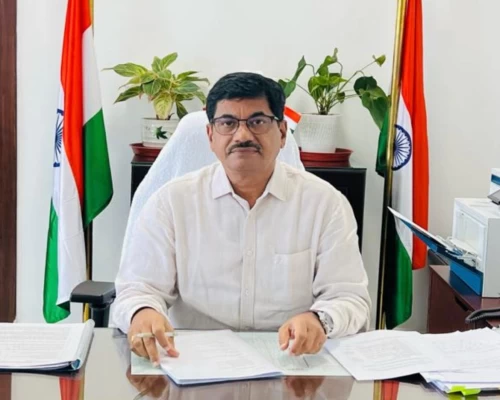
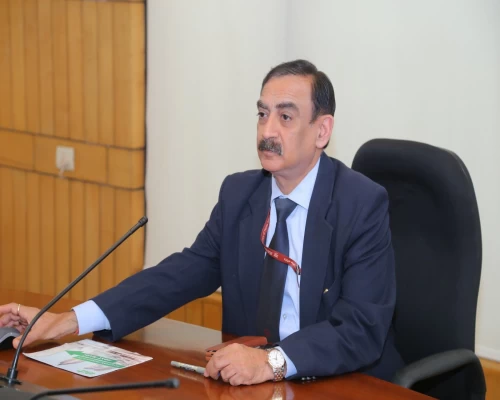
_500_x_400.webp)
